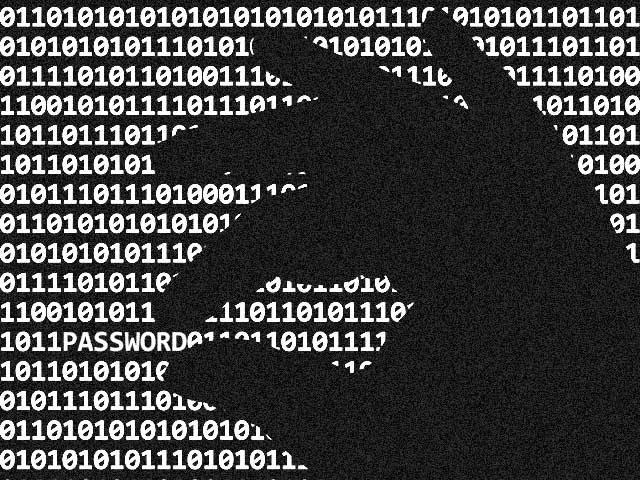
by medicaltechont | Apr 25, 2016 | e-Health, eHealth, EHR
Over the course of 2015, countless data breaches occurred within hospital networks, health insurers, physicians’ offices, and other organizations in the healthcare industry. In fact, Community Health Systems, Premera and Anthem were just a few of the most notable names who made cybersecurity headlines last year. More than 94 million records were exposed as the result of attacks varying in sophistication, which ranged from standard, employee-targeted breaches, to more complex methods carried out by scheming hackers.
It’s widely agreed upon that hackers target industries that hold valuable, sensitive and extremely personal data. It follows, then, that the healthcare industry is one of those targeted sectors, and has been for quite some time, due to its treasure trove of private information including mailing addresses, family histories, medical conditions, social security numbers and much more.
But with attacks increasing in both size and complexity, it’s time to more closely examine the healthcare industry, in particular electronic health record (EHR) providers.
Read more at http://hitconsultant.net/2016/04/11/preparing-ehr-vendors-cyber-threats/

by medicaltechont | Apr 23, 2016 | Canada, Electronic Medical Records, Healthcare, Hospitals, Medical Records, Ontario, Security, Software
Important Notice:
As we have previously indicated, on March 30, 2016, the Grandview Medical Centre experienced a computer malfunction. As a result, and despite our extensive recovery efforts, some data entered into our electronic medical records has been lost.
Please rest assured that there has been no unauthorized access to your personal health information as a result of this incident.
We are currently in the process of determining the extent of the data loss as well as which patients have been affected by this unfortunate event. We will be notifying affected patients as soon as possible. We sincerely apologize for this occurrence and appreciate your patience as we identify the full extent of the loss and those affected patients.
Read more at https://www.facebook.com/gmcfht/

by medicaltechont | Feb 27, 2016 | EHR, Electronic Medical Records, Hospitals, Medical Records, Security, United States
Ransomware has seriously turned on to a noxious game of Hackers to get paid effortlessly.
Once again the heat was felt by the Los Angeles-based Presbyterian Medical Center when a group of hackers had sealed all its sensitive files and demanded $17,000 USD to regain the access to those compromised data.
The devastation of the compromised files can be pitched as:
- Compromised emails
- Lockout Electronic Medical Record System [EMR]
- Encrypted patient data
- Unable to carry CT Scans of the admitted patients
- Ferried risky patients to nearby hospitals
As the situation was grown out of wild, the hospital paid 40 Bitcoins (Roughly US $17,000) to the Ransomware Criminals to resume their medical operations after gaining the decryption keys.
“The quickest and most efficient way to restore our systems and administrative functions was to pay the ransom and obtain the decryption key,” the hospital CEO Allen Stefanek said in a letter.
All the electronic medical system were restored back soon after unlocking the encrypted file locks.
The Ransomware had stolen the nights of many network administrators, as they would be often blamed to fight up this nasty threat; instead of blaming staffs who click the illegit links in their e-mail.
http://thehackernews.com/2016/02/ransomware-medical-record.html?utm_source=THNLS&utm_medium=BelowLS&utm_campaign=LS
http://hollywoodpresbyterian.com/default/assets/File/20160217%20Memo%20from%20the%20CEO%20v2.pdf

by medicaltechont | Jan 4, 2016 | eHealth, EHR, Technology
Everyone, it seems, except for the EMR industry and the government, is complaining about EMRs. Doctors feel like high priced, unappreciated data entry clerks, patients think that their doctors should give them more face time instead of screen time and CMIO’s are pulling their hair out trying to get everyone on board. Almost everyone agrees, though, that we have passed the point of no return and that the digitization of Sick Care information has great promise if done right.
Click here to read more.
http://www.hcplive.com/physicians-money-digest/contributor/arlen-meyers-md-mba/2016/01/10-things-telemedicine-should-learn-from-the-emr-fiasco

by medicaltechont | Dec 12, 2015 | e-Health, Electronic Medical Records, Technology
While the impact of digital in health care is not new nor limited to a week, this is a chance to reflect upon the changes and new opportunities coming our way.
Over the last few years, entire hospitals have gone paperless and large swaths of digital imaging is filmless. Electronic medical records (EMRs) are increasingly commonplace in primary care, and telemedicine is growing in rural and urban settings. Even the stethoscope has gone digital.
Outside of the health system, we have handheld apps and wearables that can chart and log various aspects of our personal health — some promising to help diagnosis or suggest treatments.
This steady shift holds a strong potential to improve the quality of health care. Like most people, I support new technologies — although I can’t always claim to be an early adopter. However, I think we should temper enthusiasm with a degree of caution and be open to learning from some of the challenges to date.
Read more at http://www.huffingtonpost.ca/dr-joshua-tepper/digital-health-care-how-t_b_8576200.html.





